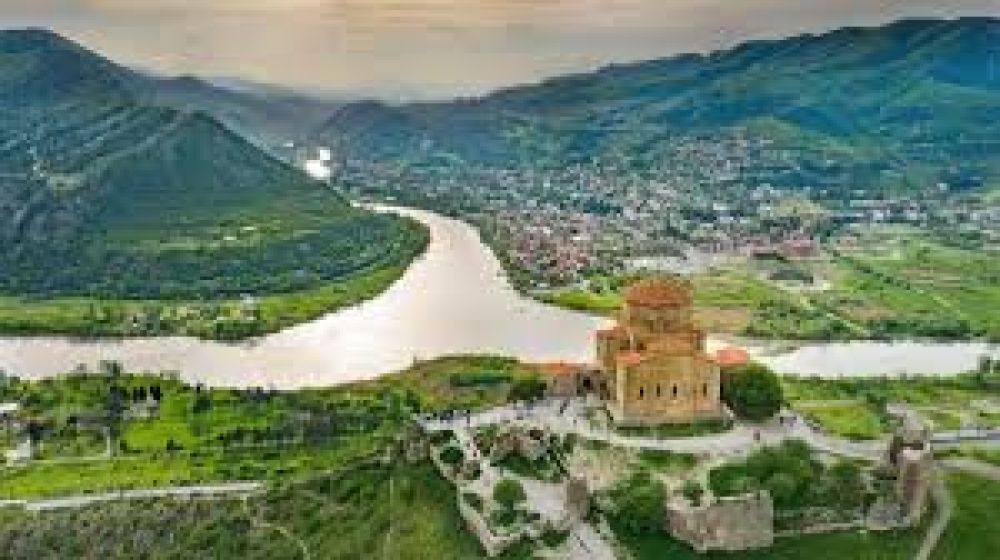

Mtskheta is one of the oldest cities in Georgia, with its history stretching back over 3,000 years. As the ancient capital of the Eastern Georgian Kingdom of Iberia from the 3rd century BC, Mtskheta has been an important cultural and religious center. Its strategic location at the confluence of the Mtkvari and Aragvi rivers enhanced its significance as a trade and political hub in the Caucasus region.
Tourism in Mtskheta began to develop more significantly in the late 19th and early 20th centuries as travelers and scholars took interest in the area's extensive historical and religious significance. With the rise of the Soviet Union, Mtskheta continued to attract local tourists, though restrictions on international travel limited the city's growth as a global tourist destination.
The inclusion of the "Historical Monuments of Mtskhetsa" on the UNESCO World Heritage list in 1994 marked a turning point for tourism in Mtskheta. Recognizing sites like the Svetitskhoveli Cathedral, Jvari Monastery, and Samtavro Monastery, UNESCO helped to put Mtskheta on the map for international tourists seeking cultural and historical experiences.
In recent years, Mtskheta has become a must-visit destination for cultural tourists. The city experiences a growing influx of visitors eager to explore its ancient churches, stunning architecture, and archaeological treasures. Mtskheta remains a prime example of the living history that Georgia offers, with a unique blend of ancient traditions and modern Georgian culture.
Cultural tourism is thriving in Mtskhetsa, with visitors drawn to the religious history and the architectural heritage of the city. Tourist interest is particularly high in the Svetitskhoveli Cathedral, which is said to house the mantle of Christ, and the Jvari Monastery, renowned for its cross-cupola design and panoramic views of Mtskheta below.
Georgia's rich wine-making tradition has given rise to oenotourism (wine tourism), which has become an increasingly popular trend in the region. Visitors to Mtskheta can enjoy local wine tastings and visit nearby vineyards, adding an epicurean layer to their historical explorations.
The natural landscapes around Mtskheta also provide opportunities for adventure tourism. The proximity to the Caucasus Mountains allows for hiking, mountain biking, and white-water rafting on the Mtkvari River, catering to the growing demand for outdoor experiences.
Looking ahead, Mtskheta is focused on sustainable tourism to preserve its precious historical sites and natural beauty. Efforts are being made to manage visitor numbers at key locations, and to develop community-based tourism initiatives that benefit local residents. The city's commitment to authenticity and preservation, coupled with an ever-increasing global interest in its landmarks, positions Mtskheta as a fixture in Georgia's tourism landscape for years to come.
In conclusion, Mtskhetsa represents the rich historical tapestry that is Georgia's past, present, and future. As a beacon of culture, religion, and heritage, coupled with a strategic plan for sustainable development, Mtskheta's journey from an ancient capital to a modern tourist gem showcases the timeless allure that ensures visitors from around the world continue to flock to this storied city.